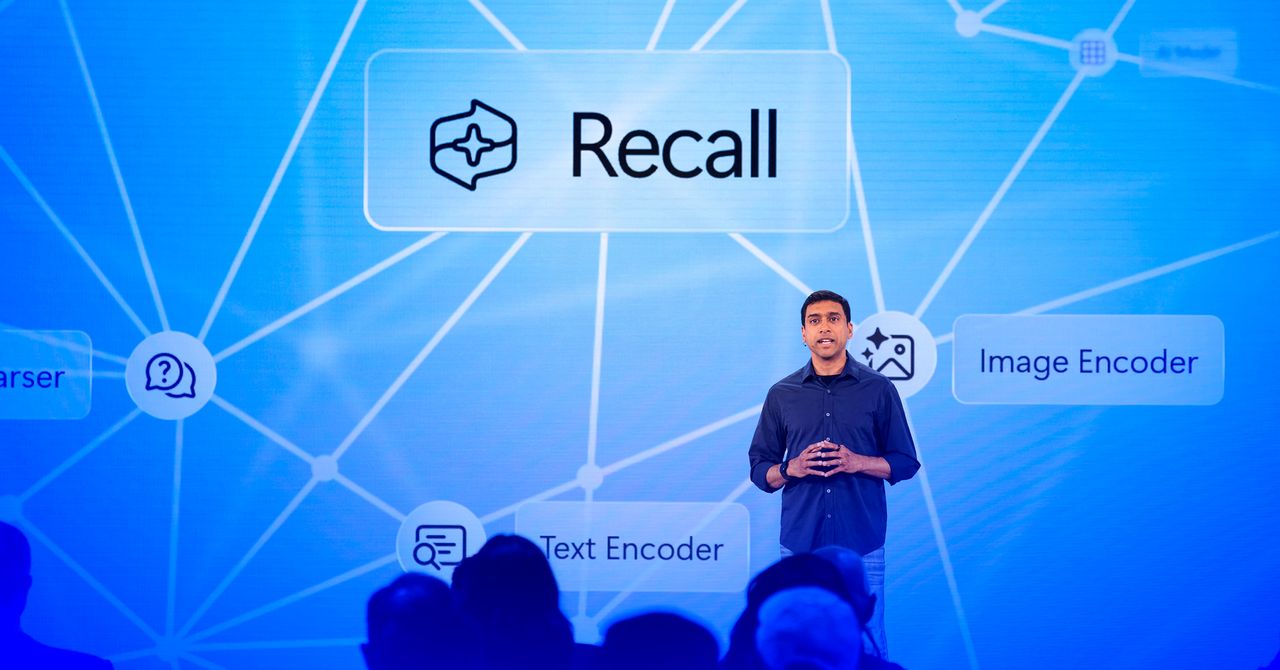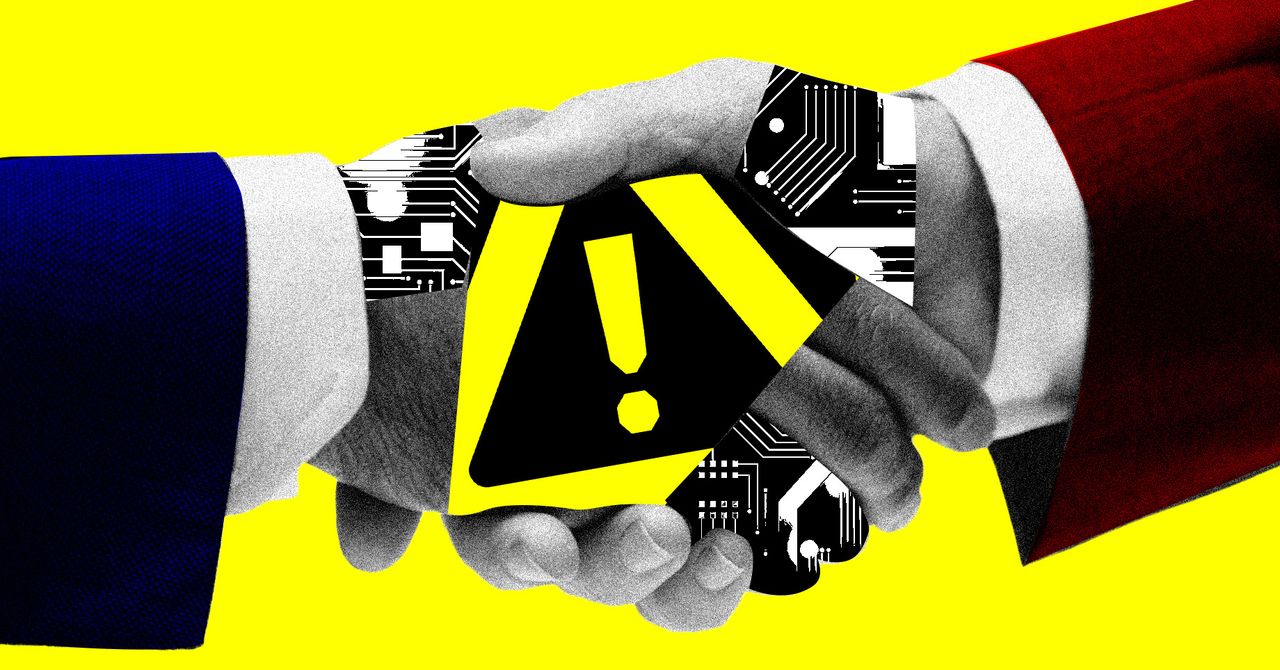
Security and privacy advocates are girding themselves for another uphill battle against Recall, the AI tool rolling out in Windows 11 that will screenshot, index, and store everything a user does every three seconds.
When Recall was introduced in May 2024, security practitioners roundly castigated it for creating a gold mine for malicious insiders, criminals, or nation-state spies if they managed to gain even brief administrative access to a Windows device. Privacy advocates warned that Recall was ripe for abuse in intimate partner violence settings. They also noted that there was nothing stopping Recall from preserving sensitive disappearing content sent through privacy-protecting messengers such as Signal.
Total Recall
Following months of backlash, Microsoft later suspended Recall. On Thursday, the company said it was reintroducing Recall. It currently is available only to insiders with access to the Windows 11 Build 26100.3902 preview version. Over time, the feature will be rolled out more broadly. Microsoft officials wrote:
Microsoft is hoping that the concessions requiring opt-in and the ability to pause Recall will help quell the collective revolt that broke out last year. It likely won’t for various reasons.
First, even if User A never opts in to Recall, they have no control over the setting on the machines of Users B through Z. That means anything User A sends them will be screenshotted, processed with optical character recognition and Copilot AI, and then stored in an indexed database on the other users’ devices. That would indiscriminately hoover up all kinds of User A’s sensitive material, including photos, passwords, medical conditions, and encrypted videos and messages. As Privacy Guides writer Em wrote on Mastodon:
The presence of an easily searchable database capturing a machine’s every waking moment would also be a bonanza for others who don’t have users’ best interests at heart. That level of detailed archival material will undoubtedly be subject to subpoena by lawyers and governments. Threat actors who manage to get their spyware installed on a device will no longer have to scour it for the most sensitive data stored there. Instead they will mine Recall just as they do browser databases storing passwords now.
Microsoft didn’t immediately respond to a message asking why it’s reintroducing Recall less than a year after the feature got such a chilly reception. For critics, Recall is likely to remain one of the most pernicious examples of enshittification, the recently minted term for the shoehorning of unwanted AI and other features into existing products when there is negligible benefit to users.
This story originally appeared on Ars Technica.









